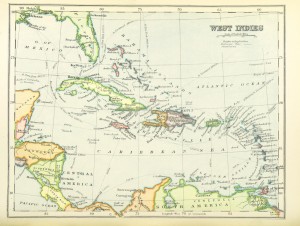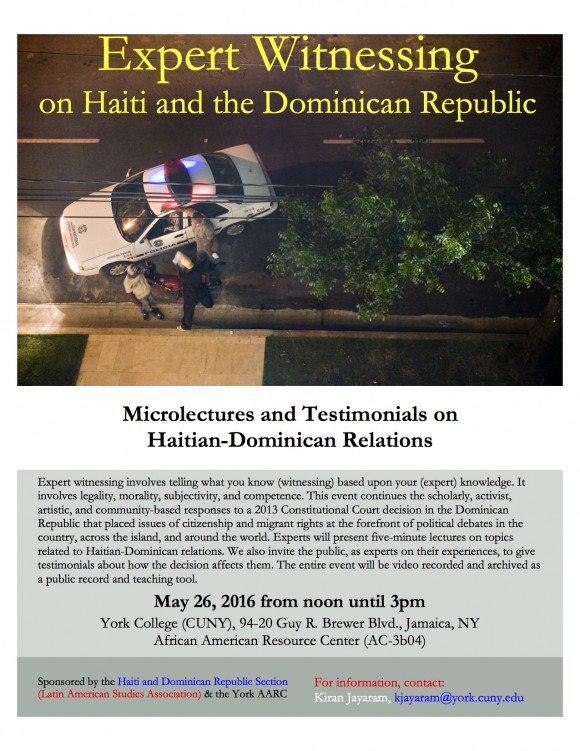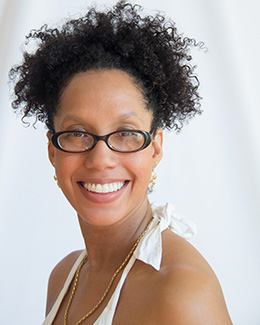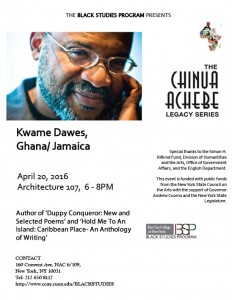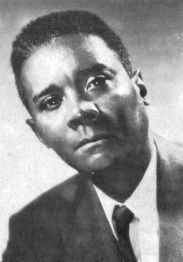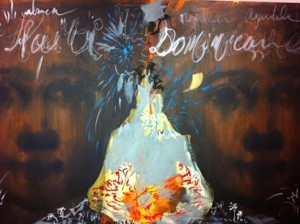Two programs and an exhibition in the NYC area will be honoring Caribbean women and culture. Full details on each event follow the short descriptions below.
PICTURE THIS EXHIBITION
3 -31 March 2016
St. Francis College – Callahan Center, 182 Remsen Street, Brooklyn, NY 11201
WOMEN WRITING THE CARIBBEAN
Wednesday, 16 March 2016
6:00 – 8:30pm
160 Convent Ave – Shepard Hall Room 250, New York, NY 10031
WOMAN TINGS: A CARIBBEAN LITERARY (AND ARTS) LIME
Sunday, 20 MARCH 2016
4:00 – 8:00pm
St. Francis College, 182 Remsen street, Brooklyn, NY 11217
____________________________________________
Details
PICTURE THIS EXHIBITION
A group exhibition celebrating the creative duality of Writers as Visual Artists
3 -31 March 2016
St. Francis College – Callahan Center, 182 Remsen Street, Brooklyn, NY 11201
Featured Artists
- Jacqueline Bishop (Jamaica) – drawing
- Danielle Boodoo-Fortuné (Trinidad & Tobago) – painting
- Laura James (Antigua & Barbuda) – painting
- Iyaba Mandingo (Antigua & Barbuda) – painting
- Mich̬le Voltaire Marcelin (Haiti) Рpainting
- Opal Palmer Adisa (Jamaica) – photography
- Mervyn Taylor (Trinidad & Tobago) – masquerade
Curators: Loris Crawford, Savacou Gallery, and Ava Tomlinson
***
WOMEN WRITING THE CARIBBEAN
Wednesday, 16 March 2016
6:00 – 8:30pm
160 Convent Ave – Shepard Hall Room 250, New York, NY 10031
A panel discussion of women Caribbean writers. Featured writers:
- Ifeona Fulani
- Tiphanie Yanique
- Dahlma Llanos Figueroa
- Nicole Dennis -Benn
- Simone A. James Alexander (moderator)
Register to attend here.
***
WOMAN TINGS: A CARIBBEAN LITERARY (AND ARTS) LIME
Sunday, 20 MARCH 2016
St. Francis College, 182 Remsen street, Brooklyn, NY 11217
4:30PM – Domestic Workers as Art and Literature
With novelists Victoria Brown (Minding Ben) and Nandi Keyi (The True Nanny Dairy) with painter Laura James.
Hosted by Stephanie A. Cunningham, Brooklyn Museum
6:00PM – Women Colouring Words
The fascinating, multiple influences on the work of poets and painters Jacqueline Bishop (The Gymnast and Other Positions), Michele Voltaire Marcelin (Amours et Bagatelles), and Opal Palmer-Adisa (I Name Me Name).
Hosted by Daniela Fifi, National Museum & Art Gallery
7:00pm: In Her Own Words
Open Mic session hosted by poet and painter, Iyaba Ibo Mandingo (“Sins of My Fathers”), and spoken word artist, Mercy L. Tullis-Bukhari (SMOKE)
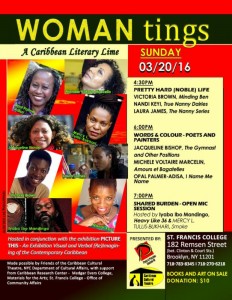
ADM: $10
INFO: 718-783-8345 / info@caribbeantheatre.org
